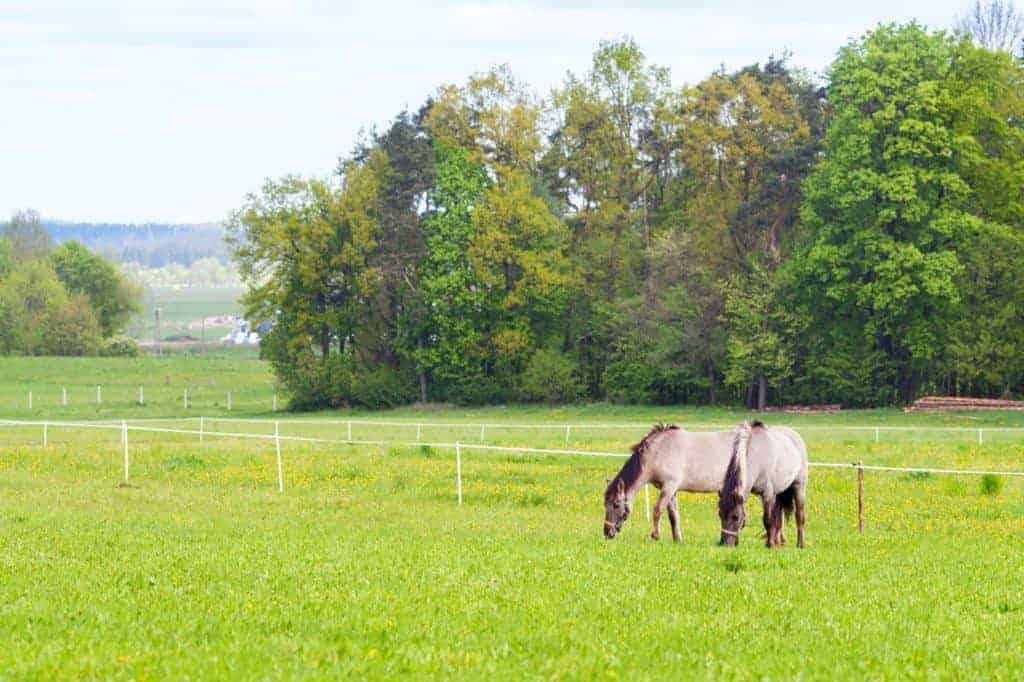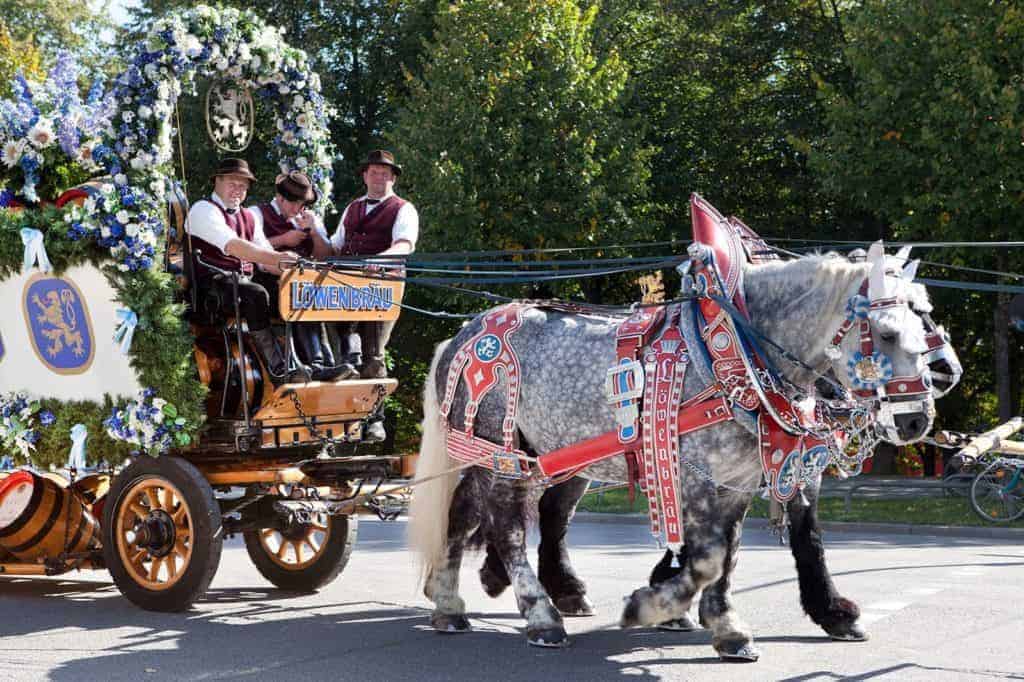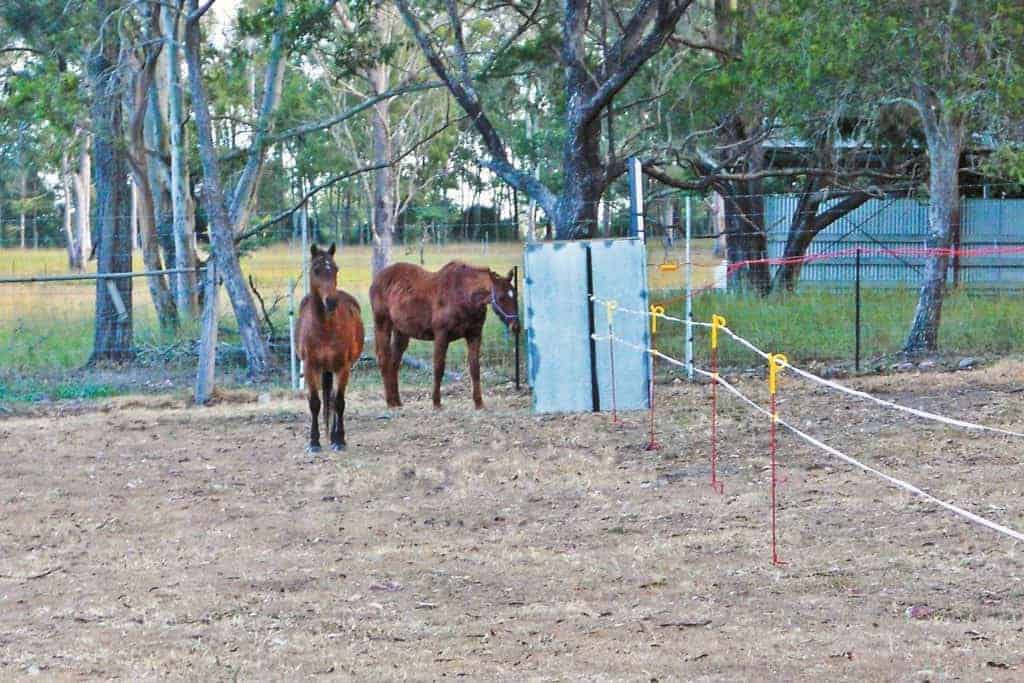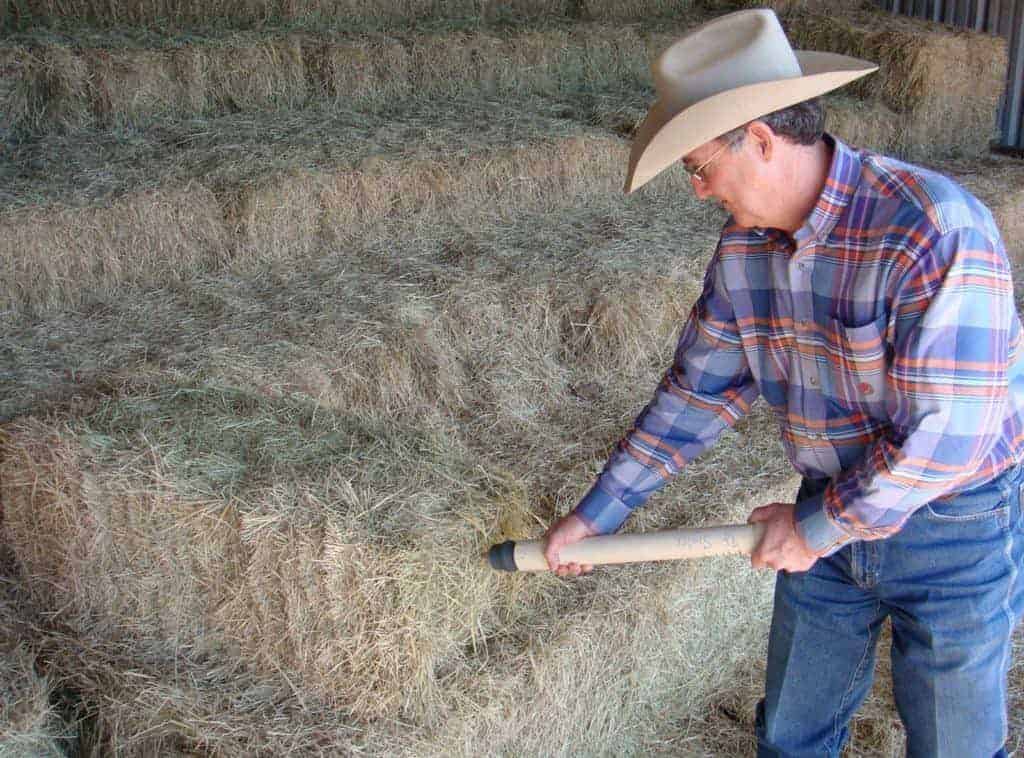
Working With An Equine Nutritionist
A nutritionist can tell you if you’re over- or underfeeding or supplementing and address other equine diet concerns.

A nutritionist can tell you if you’re over- or underfeeding or supplementing and address other equine diet concerns.

If your pastures are lacking in quality grasses, review these steps for renovating and improving grazing areas.

In Part 1 of our series, learn which grasses commonly populate healthy horse pastures.

With Oktoberfest in full swing, we started to wonder: Is the racetrack tradition of giving horses beer a good idea?

Researchers found that some ponies are willing to exercise themselves … as long as there’s food involved.

Researchers say horses could help control some invasive species while maintaining good body weight.

Owners of horses with medical problems reported “good” results following nutritional consultation in 92% cases.

Horses voluntarily reduced their hay intake (and, thus, calorie consumption) when offered teff compared to ryegrass.

A fall nitrogen application is a simple and relatively inexpensive step that can positively impact your pastures.

If your aging equid can’t or won’t eat hay, don’t worry: there are several other fiber options available.

Alfalfa products with smaller particle sizes appear to be more effective in helping limit gastric lesion formation.

Find out why using a hay corer or probe offers the best sample collection for hay nutritional analysis.

Weanlings require additional support and feeding adjustments as they grow. Here’s what to remember.

What should you do if you find unwelcome pests in your horse’s grain? Our nutritionist weighs in.

Horses drank significantly more water from a bucket closest to the stall door compared to one near the feeder.

Researchers identified risk factors including hay type, water source, breed, and pasture access.
Stay on top of the most recent Horse Health news with
"*" indicates required fields